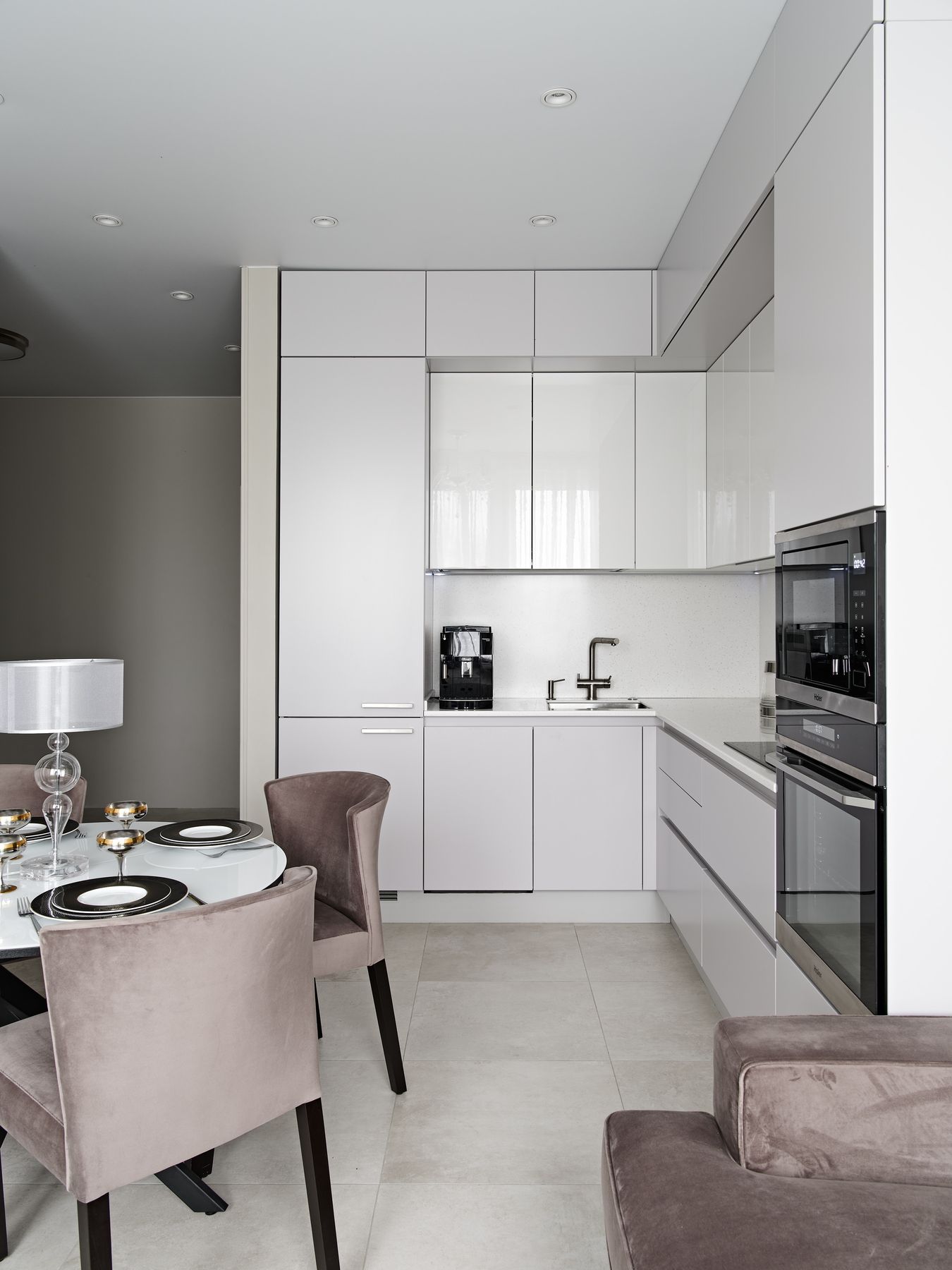
Culinary Spaces Redefined: EcoDesign
The Philosophy of EcoDesign in Kitchens
The notion of EcoDesign in culinary spaces revolves around the philosophy of sustainability and environmental responsibility. An EcoDesign approach to kitchen spaces focuses on minimizing the ecological footprint by using materials and practices that are eco-friendly and energy-efficient. This design philosophy extends to every aspect of the kitchen, from the layout and construction to the appliances and accessories used.
Materials Matter: Choosing Sustainable Options
In an EcoDesign kitchen, every material is chosen with sustainability in mind. This includes cabinetry, countertops, and flooring made from recycled or rapidly renewable resources such as bamboo, reclaimed wood, or recycled glass and metal. These materials are not only environmentally friendly but also add unique character and warmth to the space.
Energy-Efficient Appliances: The Heart of an Eco-Friendly Kitchen
Central to any EcoDesign kitchen are energy-efficient appliances that reduce energy consumption and lower utility bills. Refrigerators, stoves, dishwashers, and other kitchen appliances are selected based on their Energy Star ratings or similar certifications, ensuring they meet strict energy efficiency guidelines.
Waste Reduction: Composting and Recycling Systems
Waste reduction is a critical component of an EcoDesign culinary space. Built-in composting units and intelligently designed recycling stations are often incorporated into the kitchen layout to encourage responsible waste disposal and to facilitate a convenient recycling process. This focus on reducing waste complements the overall sustainable theme of the space.
Water Conservation: The Flow of Sustainability
EcoDesign kitchens also emphasize water conservation through the use of low-flow faucets and dishwashers that significantly reduce water usage. By investing in such fixtures, homeowners can lower their water footprint while maintaining high functionality in their culinary workspace.
Lighting the Way: Natural and LED Lighting Solutions
Proper lighting is essential in any kitchen, and EcoDesign kitchens make use of natural light as much as possible to lessen the dependence on artificial light sources. When artificial lighting is necessary, LED lights, which are highly energy-efficient and long-lasting, are typically the go-to choice. These lighting solutions provide bright, clear light that is ideal for cooking and prep work while aligning with the eco-conscious ethos of the space.
Local Sourcing: Reducing Carbon Footprints
EcoDesign doesn't just relate to the materials and practices used in the kitchen; it also extends to the sourcing of those materials. By choosing locally sourced products and hiring local artisans and craftsmen, the carbon footprint associated with transportation is greatly reduced. Moreover, it supports the local economy and promotes a sense of community.
Indoor Gardening: Bringing Edible Plants into the Kitchen
To take sustainability one step further, many EcoDesign kitchens incorporate areas for indoor gardening. Growing herbs, vegetables, and fruits within the culinary space not only provides fresh and organic produce but also improves indoor air quality and adds a natural aesthetic to the kitchen environment.
Summing Up: A Sustainable Future for Culinary Spaces
The EcoDesign movement in culinary spaces is more than just a trend; it's a commitment to a sustainable future. By redefining the traditional kitchen to be more environmentally conscious, homeowners can enjoy a space that is both beautifully designed and kind to the planet. As technology advances and awareness grows, the EcoDesign culinary space sets a new standard for the heart of the home.